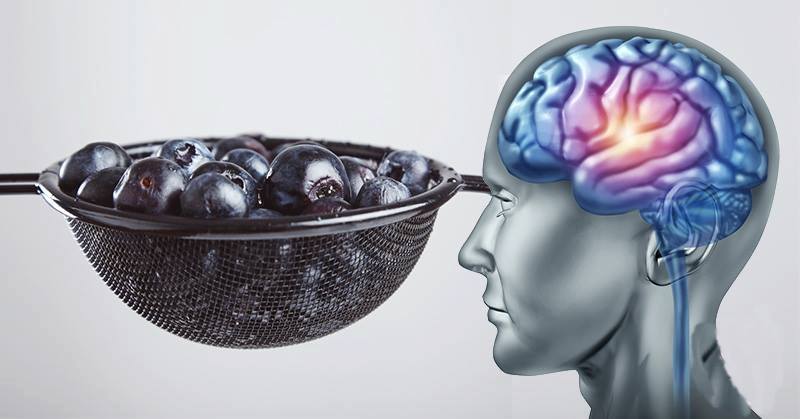Apparently, it is! According to the neuroscientist Sandrine Thuret, she can provide practical advice on how to help our cells to improve their neurogenesis, which will prevent age-related decline, improve mood, and boost memory formation.
Researchers have shown that adults are entirely capable of growing new brain cells, regardless of their age.
In 2005, researchers stated: “the discovery that the adult mammalian brain creates new neurons from pools of stem-like cells was a breakthrough in neuroscience”.
Neurology traditionally taught us that the human brain is “fixed,” and the lost brain cells cannot be regrown again.
The brain consists of several different regions, and neurogenesis is the process of the development of new cells. It represents the most active one during the prenatal development, but it can continue into adulthood in only two brain areas, the hippocampus and the subventricular zone.
In 1962 and 1963, Joseph Altman made really important discoveries, which were ignored for a long time, and only in the 1990s, mainstream research finally understood his point of view of neurogenesis.
It is possible that memory and learning would be important related brain functions affected by neurogenesis.
Neurogenesis was found to regulate stress and treat depression symptoms and showed promising effects in the treatment of Alzheimer’s as well.
The best thing about this all is that all of us can enhance our cognitive potential in a completely natural and free way.
First of all, you should exercise regularly, as exercise is directly related to neurogenesis, and numerous studies have confirmed that it has potent positive physical, mental and emotional benefits.
Furthermore, a healthy diet will help you boost brain growth. The most beneficial one is curcumin, found in turmeric, which is directly linked to neurogenesis and increases brain-derived neurotrophic factor expression.
Also, it has been found that caloric restriction or intermittent fasting cause the survival of brain cells in situations where they would normally die.
During fasting, there is another process that also takes place, known as autophagy. It is the process of cleansing of cells, which improves cellular and neuronal firing.
Omega-3 fatty acids, especially docosahexaenoic acid, are extremely beneficial too. DHA supports the process of neurogenesis.
Additionally, blueberries are also related to neurogenesis, due to the high flavonoid content.
When trying to focus on neurogenesis, you should limit the intake of sugar, which is actually a good idea in general.
To boost neurogenesis, you should increase the intake of green tea, as its compound epigallocatechin gallate (EGCG) has been linked to the growth of new brain cells, and its consumption will boost the rate of new neuronal growth.
According to researchers “EGCG treatment significantly increased the number of 5-bromo-2′-deoxyuridine (BrdU)-labeled cells in adult hippocampal neural progenitor cell (NPC) cultures and in the dentate gyrus of adult mice.”
At first, neurogenesis was studied in rats, and it has been shown that EGCG is also beneficial in rats.
Yet, note that the growth of new neurons has its disadvantages, and researchers claim that too much neurogenesis is harmful just like too little.
Also, the newly grown neurons due to neurogenesis die within 2 weeks. However, many of them manage to migrate into the molecular layer.
Remember that the process of neurogenesis is affected by many other factors as well, and researchers are studying its effects and the ways to control it.
Yet, make sure you do the needed lifestyle and dietary changes to stimulate this process, and you will surely experience important health improvements.
Source: www.healthy-holistic-living.com
